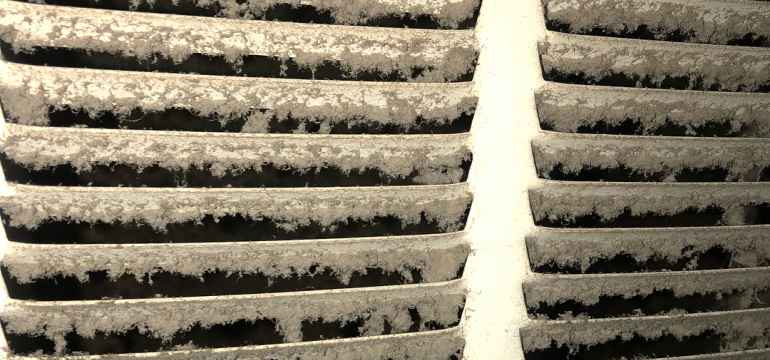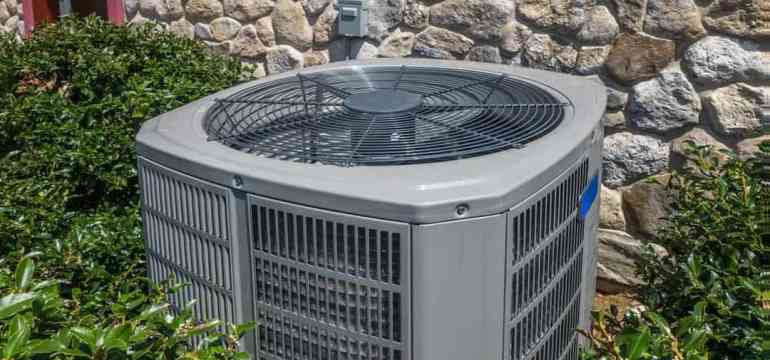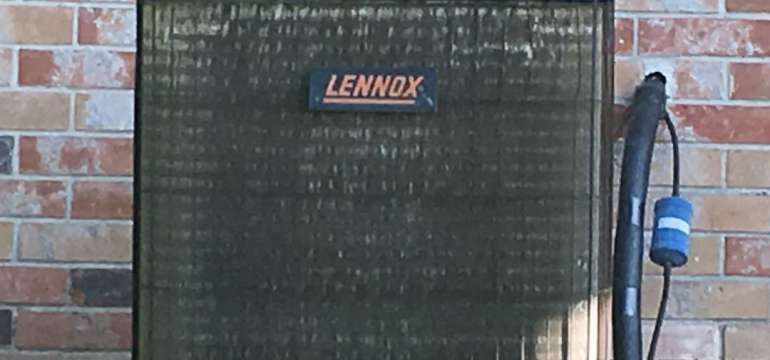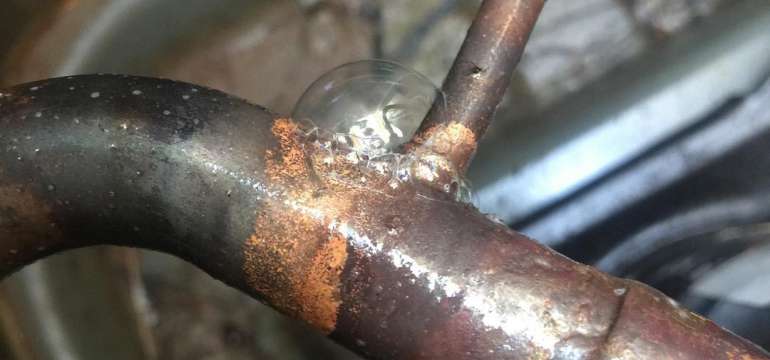Summer months can be sweltering, but you might find yourself sweating even more than usual. When the sun starts blazing, you may find that your air conditioner is on the fritz. Many homeowners are dismayed to find that their air conditioner is not cooling the house below 80 degrees. They turn on all of the ceiling fans and try to let the air circulate, but there is simply no substitute for a good air conditioning unit in working order.
If your air conditioner won’t cool below 80 degrees, you know that you have a major problem on your hands. Fortunately, some of the solutions are extremely simple for a DIY approach. Others may require professional intervention or the replacement of your entire unit. For more information on what could be causing your cooling crisis, take a look at some of these potential culprits.
A Dirty Air Filter

While many of the potential problems are outside of what the average homeowner can assess, there is one thing you can do. Many homeowners neglect to change their air filters as often as they should. Experts typically recommend changing it every two to three months. You may need to change it more often if you have multiple pets or pets that shed heavily.
When the air filter is clogged with dust and debris, it cannot push as much cool air through the system. Replacing this cheap air filter with a fresh one might be all you need to cool down your home. Even if you feel that you recently replaced it, this is the best place to start.
An Undersized AC

Did you recently build an addition onto your home? If the livable square footage of your home has increased, there is a possibility that your current unit is undersized. This is usually the case if you have had no issues with the unit in the past. There are a few signs that you might want to keep in mind if you suspect that an undersized air conditioner is to blame for your heat.
First, the air conditioner will never stop running even though the house never reaches below 78 degrees. There may be temperature inconsistencies throughout the home with some rooms cooling down correctly and others remaining hot.
Last but not least, you are likely to see serious spikes in your energy bills.
An Old Unit

How old is your current air conditioner? Most units will only live until their tenth birthday. If your AC is not cooling the house to the set temp and it is pretty old, you may want to have a professional take a look. They can advise you on whether it will be more cost-effective to repair your old unit or to install a new one entirely.
When you replace your unit, this is also a good time to make sure that your new one is properly sized for your home. Look for a professional who has experience with installing new units. They should consider the square footage of your home, the number of occupants, the number of stories, and more before recommending a specific unit.
Refrigerant Leak

Another common issue that many homeowners encounter is a refrigerant leak. This can be a serious issue that is expensive to repair. Inspect your unit carefully to determine whether this is the issue that you might be facing. In addition to the warm temperatures in your home and the increased energy bill, you will find that the air conditioner is not even putting off cold air anymore.
Top signs of low refrigerant in a air conditioner
- Hissing sounds
- Gurgling noises
- Frozen evaporator coil
- Water leaks from your heat pump
- Longer cooling times
- More humidity
- Higher than normal electric bills
- Short cycling
Troubleshooting the System
If you have tried all of the above solutions for an AC that won’t go below 80 degrees, then you might simply be exceeding your unit’s capabilities. The heat outside might be too much for your unit to keep up with.
You can try to keep your house cooler using other methods such as sealing around windows and doors. Shutting the windows tightly and using curtains to block out some of the sunlight can also help to cool down areas of your home that are susceptible to lots of sunlight. Install or turn on ceiling fans to help the cool air to circulate better through your home.
It can be extremely uncomfortable to have an air conditioner that isn’t pulling its weight during the summer months. Unfortunately, there isn’t a one-size-fits-all solution to remedy the issue. Many of these issues can be addressed by a handy homeowner, but others will require more professional intervention. Contact a local HVAC company to have an evaluation of your system done to determine the exact cause.
- What to Do if Your House Smells Like Gas but There’s No Leak - February 6, 2023
- Why Is There a Burning Smell Coming From My Vents? - August 16, 2022
- How to Remove the Musty Smell From Your Air Conditioner - August 16, 2022
